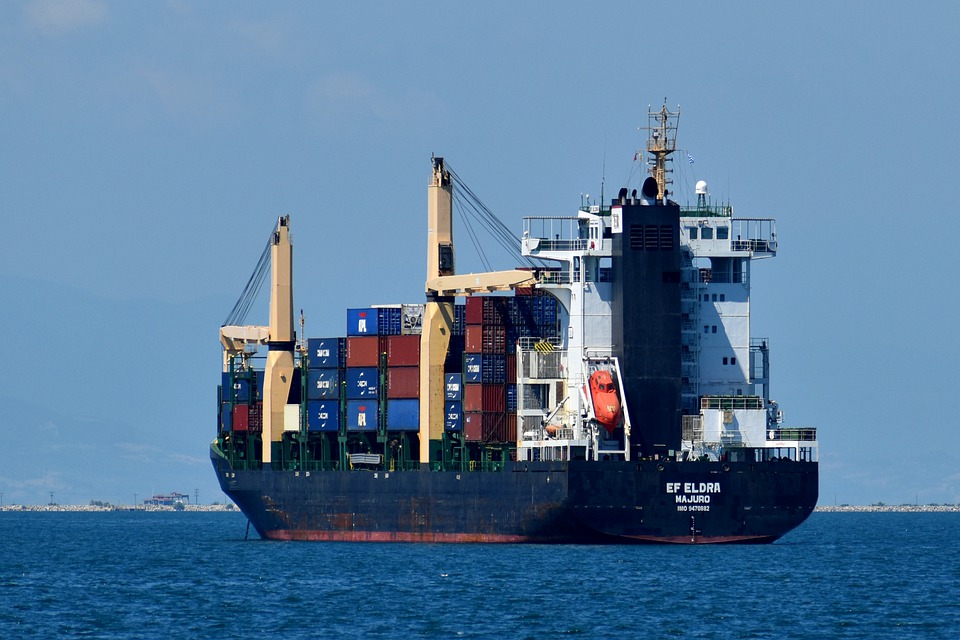India is proactively shaping the international agenda on a wide array of issues in the post-COVID world and this is very much evident in its new foreign policy, which is a wide-ranging legislation.
Kazim Rizvi, Founding Director, The Dialogue, believes that the government should prioritize some areas, including MSME and infrastructure in its foreign trade policy. In an interaction with MyBigPlunge, he observed that MSME exports are a crucial part of the overarching Indian export ecosystem, and include a majority of exporters in the country.
“However, these business owners are often unaware of the regulations around international trade, as well as the compliance that comes with it. While the government has initiated training efforts, it is important for them to step up efforts of educating businesses using workshops and courses. This will also open up the crucial market of e-commerce exports in the country,” Rizvi said. “Furthermore, improving their access to credit and assisting them with the compliance and logistical barriers that arise from international trade are imperative.”
He highlighted that India’s lack of an efficient and extensive infrastructure network is holding Indian businesses back from having a competitive advantage in the cut-throat global market. “Indian exporters need to be provided with support in the form of warehouses, ports, quality testing labs, and certification centres being brought up to global standards.” Rizvi says it is essential for India to work on upskilling exporters technological knowledge and skill. “With the world becoming increasingly digital, developing the tech savviness of our business owners by way of educational upskilling schemes will boost the range of export opportunities available. These opportunities are especially relevant in the context of e-commerce exports which can drive the economy forward if the right incentives are pushed forward.”
By profession an advocate, Rizvi pointed out that India is at a unique stage in its history. “This is an opportunity for us to leverage the global situation, as well as changing attitudes towards China in a post-COVID world. Globally, supply chains have seen a slight shift away from China and it is imperative that India capitalizes by investing in improving the infrastructure of our manufacturing industry, as well as actively promoting our services industry.”
He explained that these will come together to boost Indian products and services in the international market, which will in turn make India an appealing trade partner for countries around the world. To create this long-term change, Rizvi believes it is important for India to adopt a forward thinking strategy in the upcoming foreign trade policy.
